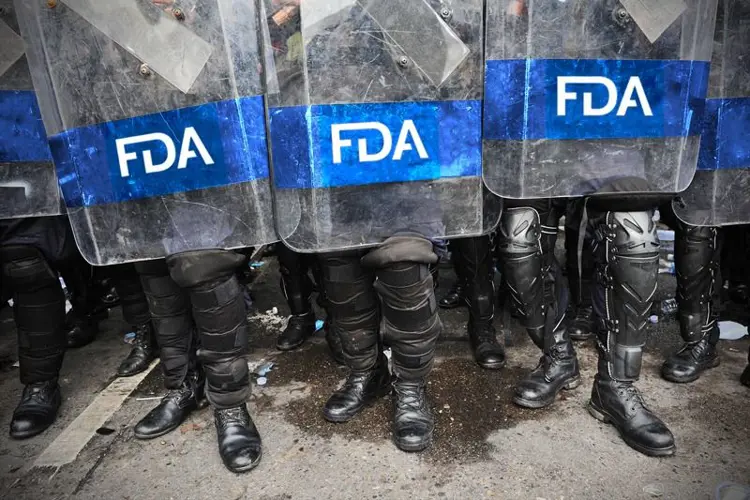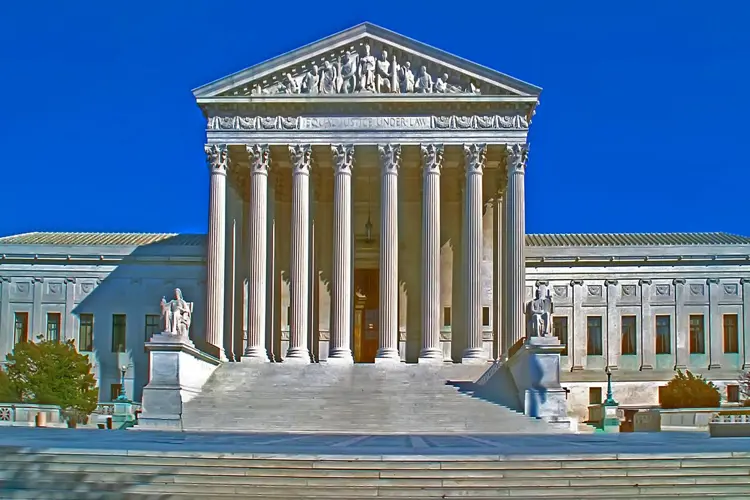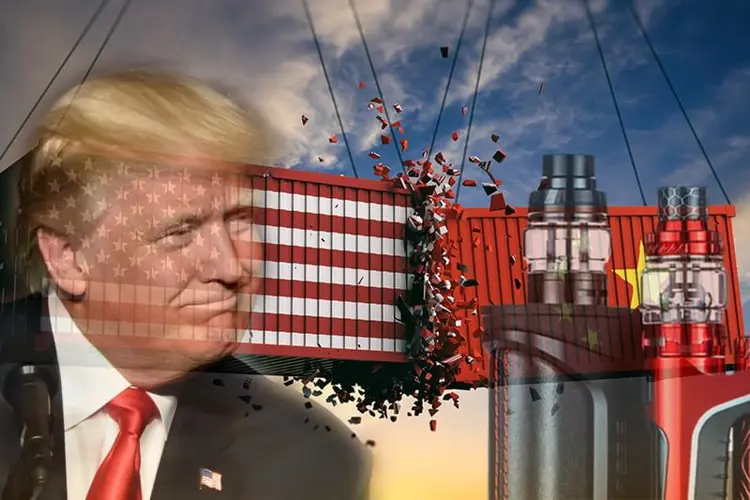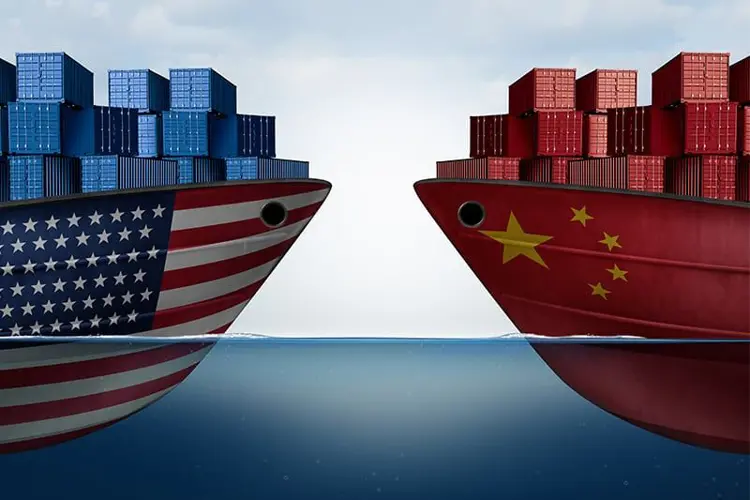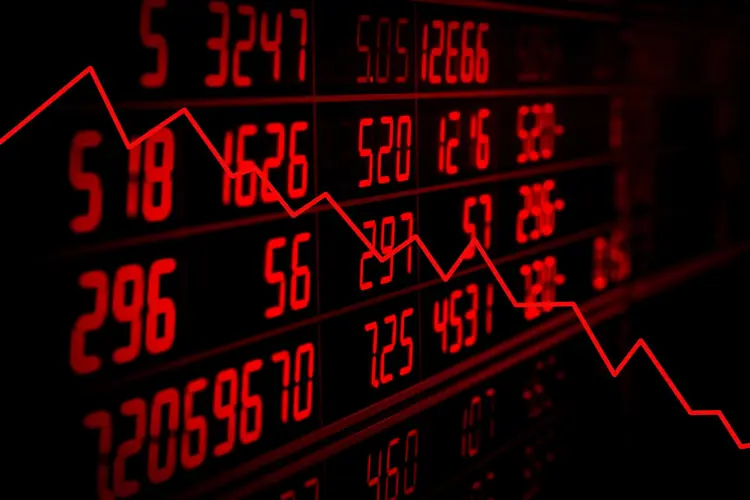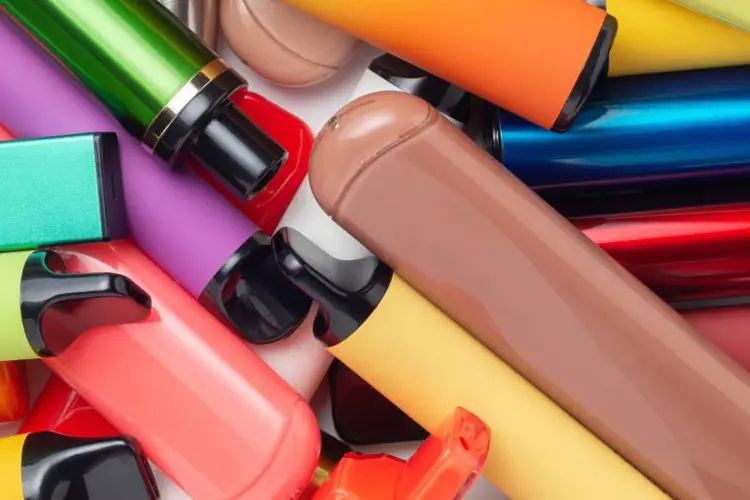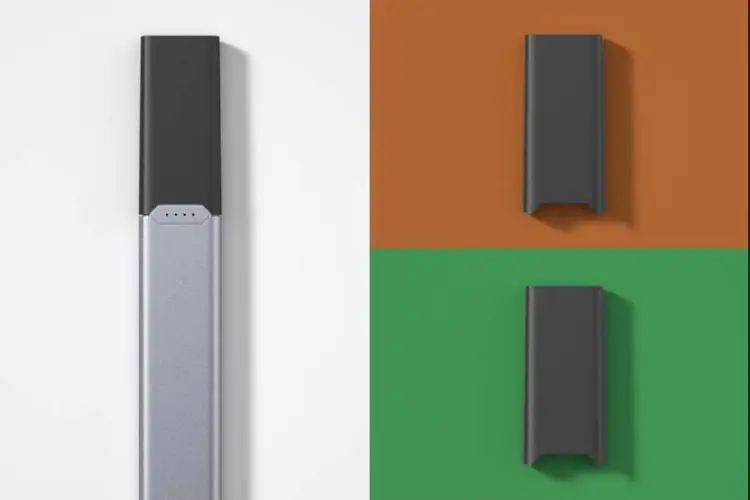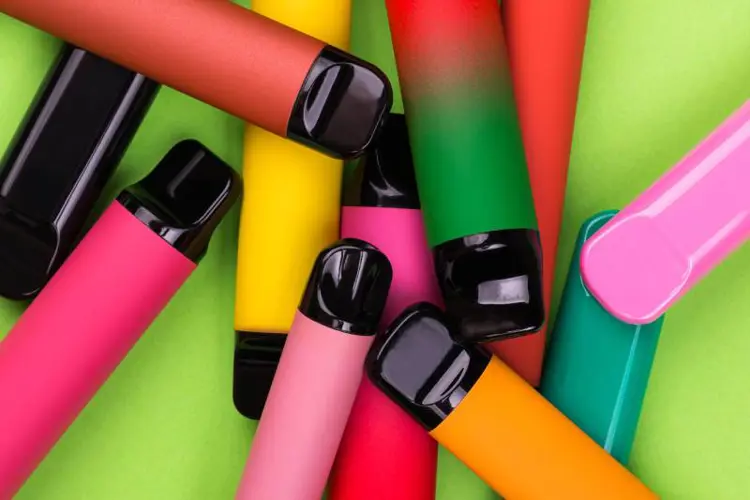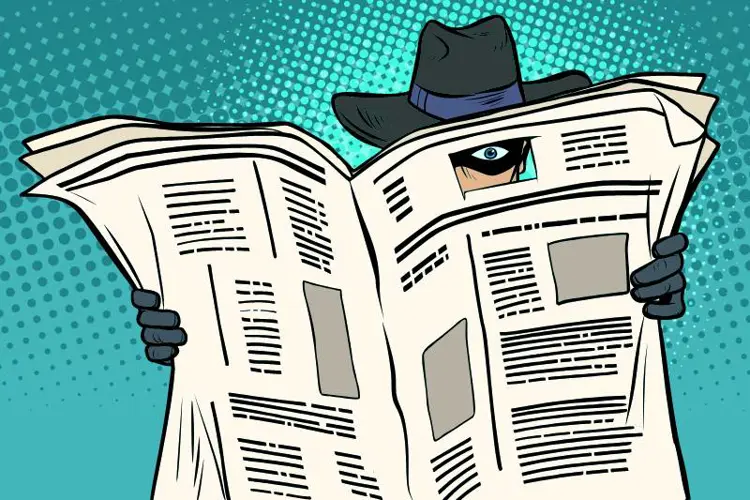The 2018 Farm Bill, passed earlier this month by Congress and signed by President Trump, makes large-scale production of hemp legal nationwide for the first time since 1937. The bill removes industrial hemp from the Controlled Substances Act.
However, many products made with hemp-derived cannabidiol (CBD) will now be regulated by the FDA. And until they’re approved by the agency, interstate sales of food or supplements containing CBD or other cannabis compounds will remain illegal. It is also illegal to make therapeutic claims for any product without FDA approval — and FDA Commissioner Scott Gottlieb took pains to point that out multiple times in a statement issued after passage of the law.
“Selling unapproved products with unsubstantiated therapeutic claims is not only a violation of the law, but also can put patients at risk, as these products have not been proven to be safe or effective,” said Gottlieb. “This deceptive marketing of unproven treatments raises significant public health concerns, as it may keep some patients from accessing appropriate, recognized therapies to treat serious and even fatal diseases.”
The new law makes industrial hemp production legal nationwide. Licensed hemp farmers will now be allowed to produce the non-psychoactive cannabis plant without depending on friendly state laws or informal federal prosecution guidelines to give them legal cover.
Hemp can also be used for much more than just food and drug products.
Farmers will also be able to get federal crop insurance and access the banking and credit systems — something that marijuana producers remain unable to do, because cultivation and interstate transportation of marijuana is federally illegal. Essentially, for the first time, hemp will be treated the same as other crops.
But CBD — or any other cannabinoid — will remain illegal unless the hemp it comes from is produced under certain specific conditions. The hemp must be farmed by a licensed grower — under the regulations of the Farm Bill, and other specific federal and state regulations. Any hemp grown (or cannabinoids produced) that are grown or extracted without meeting those conditions will still be considered Schedule I narcotics by the federal government.
Hemp and marijuana plants are both from the genus Cannabis. Both plants produce cannabidiol (CBD) and tetrahydrocannabinol (THC). But hemp farmers have selectively bred plants that produce high quantities of CBD — a non-psychoactive cannabinoid compound — and almost no THC. THC is the cannabinoid in marijuana that produces a euphoric high.
Hemp can also be used for much more than just food and drug products. It has been cultivated for thousands of years, and widely used to produce textiles for clothing, and also rope and paper. More recently, hemp has been adapted to make health foods, biofuels, lotions and other cosmetics, and even composite plastic products.
Any hemp or marijuana product containing more than 0.3 percent THC is considered a federally illegal Schedule I narcotic under the Controlled Substances Act (CSA). The CSA defines Schedule I drugs as having no medical benefit and a high potential for abuse and dependence.
In October, the Drug Enforcement Administration (DEA) created a separate classification for FDA-approved CBD drugs to allow for the sale of Epidiolex, a CBD-based anti-seizure medication approved earlier this year. In clinical trials, Epidiolex showed great promise for treating epilepsy. It was approved by the FDA in June.
The agencies have simply chosen not to exercise discretion, and so consumer CBD products exist in a legal gray area.
To be included in Schedule V of the CSA, a CBD drug must contain less than 0.1 percent THC and be approved for sale by the FDA.
Consumer CBD products like oils, lotions, tinctures, food products, and e-liquid are not approved CBD drugs, because the FDA hasn’t sanctioned their sale. Although the FDA and DEA haven’t made a point of enforcing existing laws preventing sales of products like CBD vape juice or oils, it’s not because they are recognized as legal. The agencies have simply chosen not to exercise discretion, and so consumer CBD products exist in a legal gray area.
After the passage of the Farm Bill, Commissioner Gottlieb noted that some products produced from parts of the hemp plant that don’t produce cannabinoids — hulled hemp seeds, hemp seed protein and hemp seed oil — can be legally marketed now.
Major corporations like Coca-Cola and Altria already have their eyes on the legal cannabis market, and the big money rush to invest in CBD and other cannabis products will likely overwhelm any resistance from the FDA, which generally bows to pressure from powerful industries with congressional supporters.
The Freemax REXA PRO and REXA SMART are highly advanced pod vapes, offering seemingly endless features, beautiful touchscreens, and new DUOMAX pods.
The OXVA XLIM Pro 2 DNA is powered by a custom-made Evolv DNA chipset, offering a Replay function and dry hit protection. Read our review to find out more.
The SKE Bar is a 2 mL replaceable pod vape with a 500 mAh battery, a 1.2-ohm mesh coil, and 35 flavors to choose from in 2% nicotine.
Because of declining cigarette sales, state governments in the U.S. and countries around the world are looking to vapor products as a new source of tax revenue.
The legal age to buy e-cigarettes and other vaping products varies around the world. The United States recently changed the legal minimum sales age to 21.
A list of vaping product flavor bans and online sales bans in the United States, and sales and possession bans in other countries.







